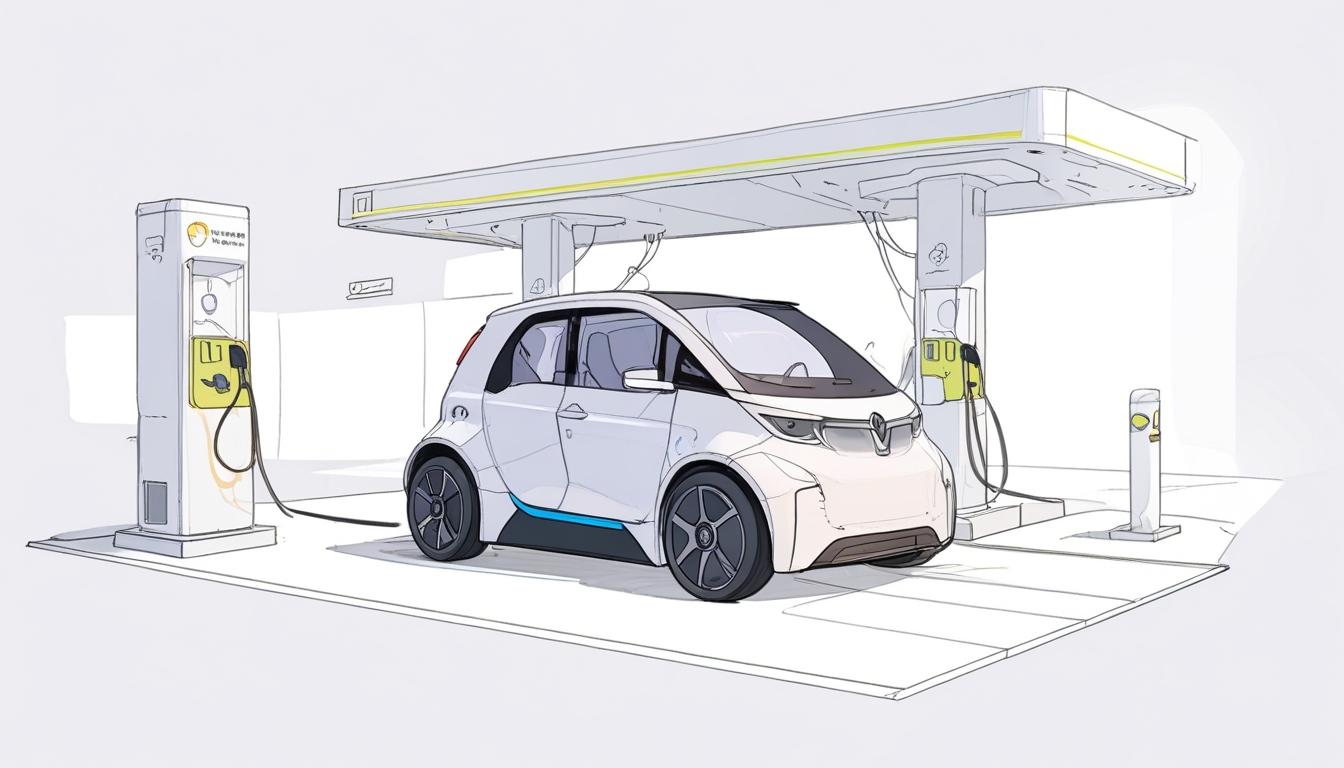Brian Gray, the Global Mobility Retail Lead at Accenture, recently shared detailed insights into the transformative role of artificial intelligence (AI) in the mobility sector, particularly focusing on the fuels and convenience retail industry. Speaking to MobilityPlaza, Gray reflected on his extensive career experience and the evolving impact of AI technologies on mobility, highlighting current trends, challenges, and future prospects.
Gray’s engagement with AI technology started with exploring its benefits in areas such as dynamic fuel pricing, consumer hyper-personalisation, and the automation of store labour. Over time, the emergence of generative and agentic AI has amplified its transformative potential, prompting many mobility retailers to develop forward-looking strategies that leverage AI as a catalyst for enterprise reinvention rather than merely a technological upgrade. Across his career, Gray has collaborated with more than 20 fuels and convenience retailers worldwide, observing a broad acknowledgement of AI’s capacity to reshape business models.
AI applications in mobility have become increasingly varied and sophisticated. In fuel stations and convenience stores, AI is now integral to numerous operations—including predictive maintenance of equipment, inventory optimisation, personalised promotions, marketing content generation, and self-checkout systems. Gray addressed common misconceptions, stressing that AI is designed to augment human work rather than replace employees outright. He explained that AI automates repetitive tasks and delivers actionable insights, thus enabling employees to focus more on customer engagement and creating a better in-store experience. He also noted the workforce’s growing expectation to utilise AI tools daily, emphasising that insufficient AI support could lead to employee disengagement.
On the subject of data, Gray underscored the importance of quality over quantity. Effective AI relies on data that is relevant, accurate, and actionable. He explained that mobility operators typically have sufficient existing data—such as transaction records and inventory logs—that can be cleaned and validated for AI use, thereby avoiding pitfalls like inaccurate outputs. He pointed out that focusing on customer-centric data points, such as loyalty programme usage, helps drive targeted marketing and operational decisions.
Regarding AI implementation, Gray outlined the typical journey for companies: first defining the problems they want to solve, then prioritising high-value use cases across all operational areas, launching pilot programmes to test applications, and finally measuring the outcomes to understand value and refine strategies.
Cybersecurity is a growing concern in the AI mobility landscape. Gray highlighted the risks of hackers exploiting AI systems, particularly large language models (LLMs), to manipulate decision-making processes unknowingly. He stressed that robust cybersecurity measures are essential as AI becomes increasingly embedded in critical operations.
From a global perspective, Gray observed common themes across regions, with most fuels and convenience retailers pursuing AI-driven personalisation, self-checkout solutions, dynamic pricing, and leveraging CCTV feeds for customer insights and loss prevention. However, he noted differences between multinational corporations—which often pursue broad AI strategies across business units but struggle with implementation—and smaller regional players who can move faster but typically lack comprehensive strategies. Many companies remain cautious, preferring to learn from early adopters.
Looking ahead, Gray identified autonomous driving as a pivotal technology that is set to reshape mobility fundamentally. He described how AI-driven advancements in electric and autonomous vehicles promise to enhance safety, optimise fleet operations, integrate renewable energy, and support new mobility-as-a-service models. He remarked, "Driving, as we know it today, will forever be changed," and highlighted ongoing innovations in battery technology, EV charging, renewable fuels, and smarter infrastructure formats like 5G integration. He concluded with a note on the challenge of public trust in autonomous systems despite the presence of AI functionalities such as lane assist and adaptive cruise control in many cars today.
Brian Gray’s insights provide a comprehensive view of AI’s current and future roles in mobility, illustrating a sector in rapid evolution driven by technological innovation and strategic adaptation. The MobilityPlaza report details how AI is not only reshaping operations but also presenting new opportunities and challenges that mobility businesses must navigate.
Source: Noah Wire Services
